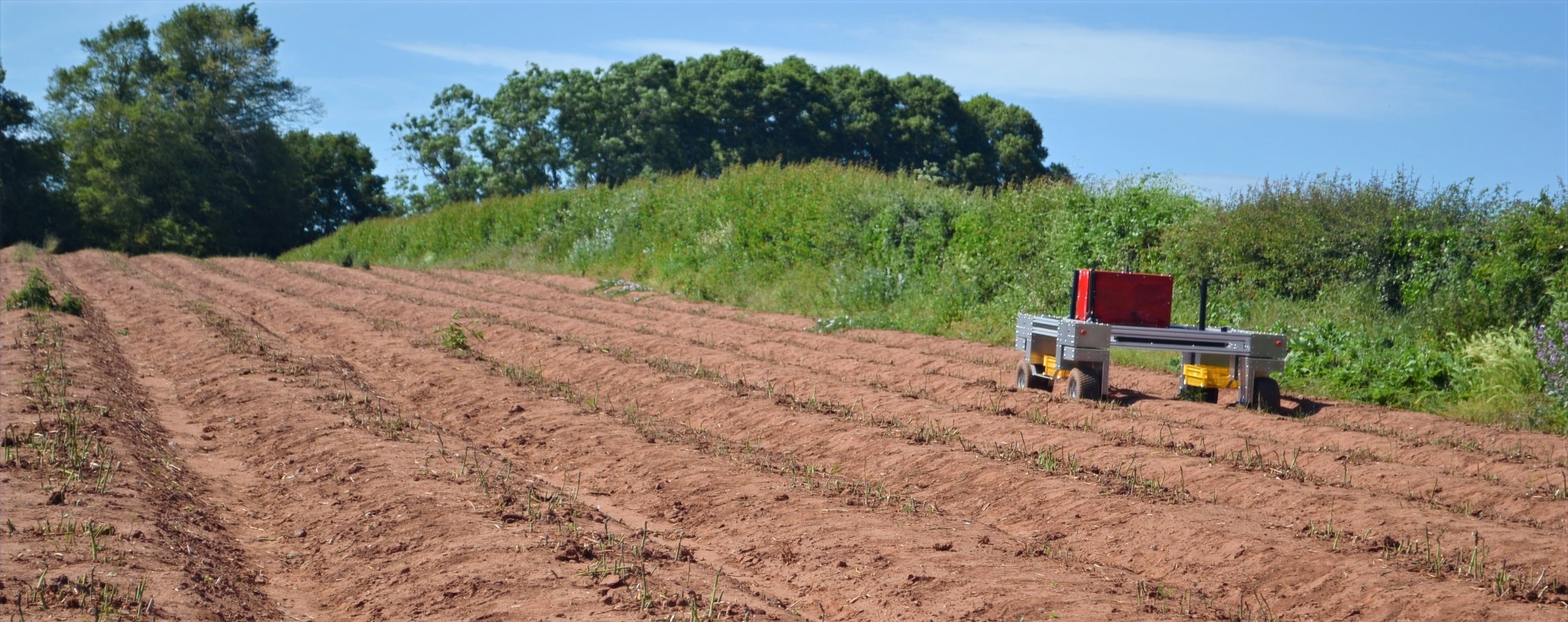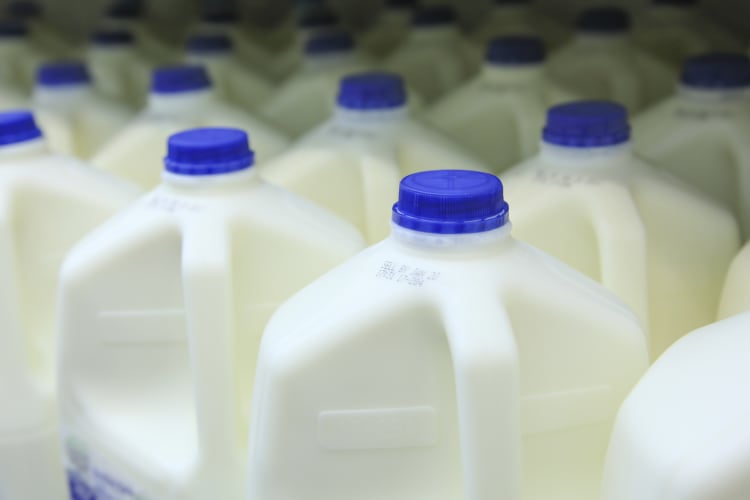The funding round was led by Regenerate Ventures, which specialises in investing in technologies that help farmers produce food with less impact on the environment, with participation from Ponderosa Ventures, Jude Gomilla and Thrive/SVG Ventures and others.
Muddy Machines, also part of the StartLife Accelerate programme at Wageningen University & Research in the Netherlands, has now won nearly €3 million in grant funding.
The company, which was founded in 2020, says its harvesting robot called ‘Sprout’ can both support zero emissions and solve labour issues in the agriculture industry. Florian Richter, CEO and co-founder at Muddy Machines, said: “We are extremely proud to have secured this fund raise in the current investment climate. We will now focus on creating a meaningful amount of harvest capacity for our customers.”
The fresh funding will be used to build a small herd of its robots for the 2023 asparagus harvest season and generate initial revenues. It will also continue with the development of new crop harvest capabilities and develop a roadmap for scaling production of Sprout robots.
For the past year, Muddy Machines has been working closely with major asparagus grower Cobrey Farms in Herefordshire, testing and developing Sprout on-farm.
Farms like Cobrey require a high volume of seasonal workers for a variety of tasks, primarily for weeding and harvesting. Asparagus is one of the most labour-intensive crops as harvesting occurs daily throughout the 12-week season. While other companies have largely ignored asparagus, because by itself it is a relatively small volume crop, the company believes that starting with the crop most suited to robotic harvesting is best, before moving to develop harvesters for more challenging crops.
Sprout uses the latest in deep learning technology to detect and delicately pick asparagus spears according to growers' specifications. The robot is lightweight and fully electric, avoiding damaging soil compaction and enabling a green, sustainable and resilient future for UK horticulture.
The company’s technology allows farmers to precision harvest crops like asparagus. Its Sprout robot can drive through fields harvesting accurately for up to 16 hours a day with no need for breaks and no decline in performance.
Florian Richter, CEO and co-founder at Muddy Machines, said: “Raising money for AgTech and hardware businesses is a challenge at the best of times. We are extremely proud to have secured this funding in the current investment climate. We are now focused on creating a meaningful amount of harvest capacity for our customers.”
‘Fixing labour issues in farming is essential’
A shortage of agricultural workers is creating a crisis for many farmers. In the UK, the House of Commons environment, food and rural affairs select committee has warned that crops are being left to rot and that the country’s £100bn farming industry is likely to shrink permanently because farms have been unable to hire all the seasonal workers they need. The number of vacancies is estimated to be 500,000 out of 4.1 million roles. Its recent paper on labour shortages in the food and farming sector called for more investment in technology to supplement labour.
“The situation is desperate,” said John Chinn of Cobrey Farms, the UK’s largest growers of asparagus. “It’s not about cutting costs of labour, but our inability to find it. We have a 12-week season and this technology is vital if we are to harvest the crop.”
Farms require a high volume of seasonal workers for a variety of tasks, primarily for weeding and harvesting. Asparagus is one of the most labour intensive crops as the harvesting occurs daily throughout the 12 week season. Picking asparagus is among the hardest and most backache-causing activities in farming, make it also hard to find workers to do the harvesting. Although green asparagus is a relatively small volume crop, Muddy Machines believes that it is most suited for robotic harvesting and is an excellent starting point before developing harvesters for more challenging crops.
The robot finds its way to the asparagus fields fully autonomously. Once arrived at the harvest field, it uses the latest in deep learning technology to detect and delicately pick asparagus spears according to grower’s specifications. The robot only picks mature spears, works in weeds and can even detect and harvest spears that are crooked, curved or malformed. The robot is lightweight and fully electric, avoiding damaging soil compaction and enabling a green, sustainable and resilient future for agriculture. To top it all off, the robot doesn’t experience back pain.
The Sprout machine is ‘very impressive’, said Chinn. “It takes itself up and down the rows of asparagus and harvests it and puts it in a tray without causing any damage to the spears.”
Evi Steyer, MD at Ponderosa Ventures, added: “Fixing labour issues in farming is essential for ensuring a sustainable domestic food supply in developed countries and reducing food miles. This business has shown it can come up with solutions and quickly.”





